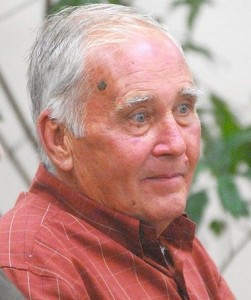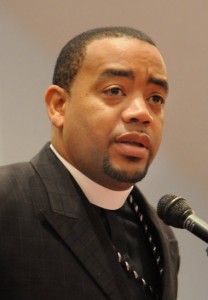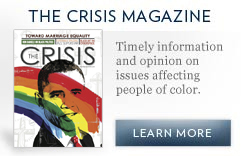Published: Thursday, December 22, 2011
By Conor Berry, The Republican
“I’m sorry if what I said offended you.”
Welcome to the era of the “non-apology apology,” in which phrases like that abound in the corridors of power, where many leaders have become adept at deflecting criticism by co-opting others into the scenario – namely the aggrieved parties, who are often made out to be humorless, thin-skinned ninnies.
In short, the non-apology apology typically involves an alleged offender who attempts to save face while placating the party that was offended. Curiously, though, those who deliver such backhanded apologies never seem to own up to their wrongheadedness.
The practice of issuing non-apolgy apologies has become so common, in fact, that someone felt the need to create a Wikepedia entry on the phenomenon. And New York Times veteran William Schneider inadvertently coined a new phrase when he referred to the practice as “the past exonerative,” or seeming to apologize while not taking any personal responsibility for the presumed offense.
So, does Easthampton City Councilor Donald L. Cykowski’s sorry-if-I-offended-you apology for making what has been characterized as both an “off-color remark” and a “racist remark” qualify? Only time will tell.
Cykowski’s remark, made when a fellow city councilor got locked out of a meeting room, would certainly seem to meet the threshold. For the record, he said: “Where’s a Puerto Rican when you need one.” Those eight words – nine, if you eliminate the contraction – were uttered at a Dec. 7 City Council meeting, but it apparently took Cykowski another two weeks before being pressured into offering a public apology.
Also for the record, his act of contrition sounded like this: “I made a statement. If I offended anyone, I apologize.”
He did offend someone, namely the Rev. Talbert W. Swan II, president of the Springfield chapter of the NAACP.
Swan pounced on the ethnically insensitive remark, calling it what, for many, it is – “racist.” Swan, who’s no stranger to controversy, issued a letter to the president of the Easthampton City Council, urging city officials to take “stronger action” against Cykowski.
According to the standards put forward by linguists, PR gurus, spin doctors and various word pros, Cykowski’s remark qualifies as a classic non-apology apology.
Kevin Eikenberry, a consultant and best-selling author whose clients have included Fortune 500 companies and the U.S. Marine Corps, writes in “Anatomy of an Apology” about the case of Netflix CEO Reed Hastings, who publicly apologized for significant pricing changes that took effect last July.
The issue received a fair amount of media attention and, according to Eikenberry, Hastings’ apology started off great (“I messed up. I owe everyone an explanation.”).
“This is a great example of an apology, because it is direct, clear and brief. There is no way to misunderstand or sugarcoat it,” Eikenberry writes.
However, Hastings, like so many politicians and titans of industry, proceeds to couch the apology within the context of other mitigating factors or a larger scheme or plan – in this case, an announcement by Netflix regarding changes in its business operations and organization.
For Eikenberry, the CEO’s apology was watered-down by the addition of the announcement. “It brings into question the intention of the apology, which I just praised,” he writes.
A 2007 piece by New York Times writer John Broder expounded upon the non-apology apology issue, citing the one offered by Justin Timberlake’s manager in the wake of the 2004 Super Bowl incident involving Janet Jackson, whose breast briefly was exposed on live TV. The manager stated: “I am sorry if anyone was offended by the wardrobe malfunction during the halftime performance.”
The desire of politicians and others in the public eye to deflect criticism is legendary, and phrases like “mistakes were made” have become par for the course. That particular phrase has been used effectively by everyone from Bill Clinton to George H.W. Bush to Ronald Reagan, to name but a few.
Only Cykowski knows if his apology was genuine or an act of coercion. No matter, Swan and others offended by the remark are not about to let him off the hook.





